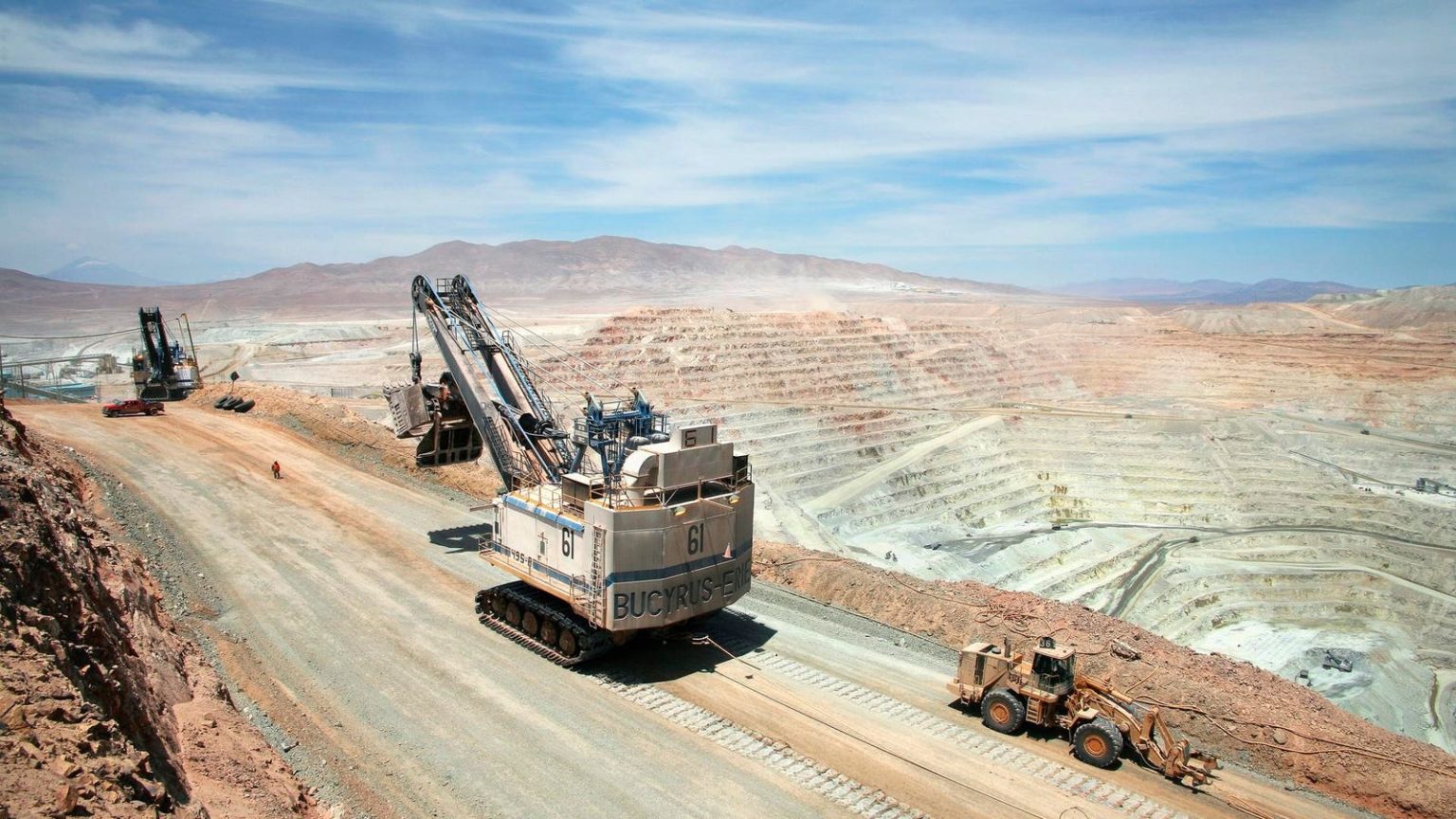Copper supply is not responding to the ever-accelerating energy transition. At best this means a future price level that slows the transition and at worst it means the required copper simply won’t be there when it is needed.
New mines are not being built. Goldman Sachs research team says that regulatory approval for copper mines has fallen to the lowest level in a decade. It is getting steadily more difficult to build mines at the same time that investors are less interested in commodities. For some reason, the critical part of the energy transition, the copper required for electrification at scale, is deemed the least interesting by investors and governments alike. When mining companies do finally have access to capital there is still a high likelihood that the project will never get approved.
Consumer adoption typically has a faster adoption curve than industry, and mining supply is not prepared for this even if every new mine was getting built on time. An electric vehicle (“EV”) requires more than 3 times as much copper as an internal combustion engine vehicle, according to estimates from Wood Mackenzie. A lack of copper, or a prohibitive price for cars or power, could significantly reduce expected adoption by consumers. This adoption is built into the targets that governments are promising voters.
A lot of the drivers for recent protests of copper mines, and of the companies producing them, are due to ESG concerns. It remains unclear if the connection will be made that without copper there will be no energy transition, or if the snake will simply keep eating its tail.
There are a lot of rational arguments for why increased copper investment is needed, but those never seem to register. Here is a summary though of how the smartest people in the business have been speaking about the risks this year.
“The world just doesn’t get it. It doesn’t understand that a massive copper deficit is coming,” said Glencore CEO Gary Nagle. “The world will stop without the additional copper supply. But the price of copper is not expecting it.”
“If we don’t have enough copper, it could seriously short-circuit the energy transition,” said Jeremy Weir, CEO of Trafigura AG.
“There is no way for the world to meet the terms of the Paris climate agreement if we don’t have an increase in the supply of copper and other metals,” said Joshua Meyer of equipment maker FLSmidth.
“We’re already forecasting major deficits in copper to 2030,” said Robin Griffin, Wood Mackenzie’s Vice President of Metals and Mining.
The fact everyone who understands copper continues to sound alarm bells has not hit the mainstream media. Governments are announcing energy transition timelines with no pulse that mines being blocked today means there won’t be enough copper to hit their targets in the future. Price hasn’t yet responded to this deficit, but in time it will. It just may be too late by then.
Read the full article here





